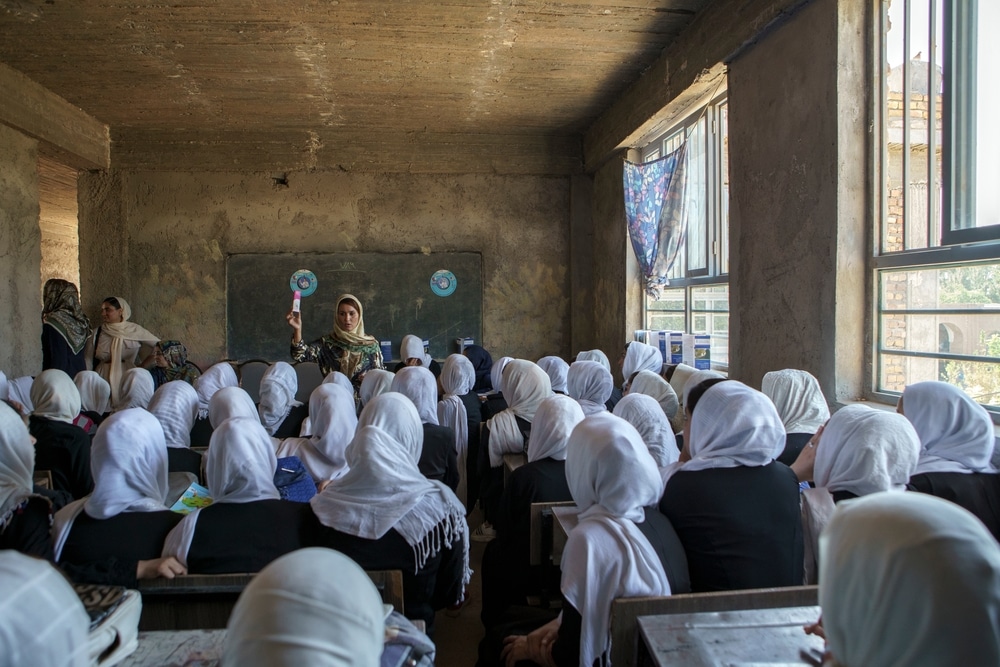Mullah Hibatullah Akhundzada, the supreme leader of the Taliban, announced plans to re-implement the practice of stoning women to death for adultery in Afghanistan. The declaration was delivered via a voice message broadcasted on Taliban-controlled state media in direct response to calls by the west for the Taliban to adhere to basic human rights standards.
Mullah Akhundzada’s message directly challenges Western perceptions of human rights, particularly women’s rights, by stating that the Taliban’s actions are in accordance with divine law, as opposed to what he describes as the West’s devil-influenced democracy. He asserts that the rights being demanded for women by the international community are antithetical to the principles of Sharia and the clerical opinions that have shaped Taliban policy.
This stance is not only a reaffirmation of the group’s ideology but also a confirmation of the Taliban’s intent to continue and formalize practices that have been sporadically reported even before their return to power in August 2021. Instances of extreme punishment, including public floggings and stonings, have been part of the Taliban’s judicial practices.
Since seizing control of Afghanistan, the Taliban has enacted several measures severely restricting women’s freedoms, including banning girls’ education beyond the sixth grade and excluding women from most public and private employment sectors. These policies have not only isolated Afghanistan on the international stage but have also contributed to a humanitarian crisis, exacerbating the country’s poverty and dependency on aid.
The international reaction to Mullah Akhundzada’s recent declarations has been one of dismay and condemnation, with many fearing the implications for women in Afghanistan. The U.S. special envoy for Afghan women and human rights, Rina Amiri, has voiced particular concern over the Taliban’s continued restrictions on girls’ education.
Expanded Coverage:






